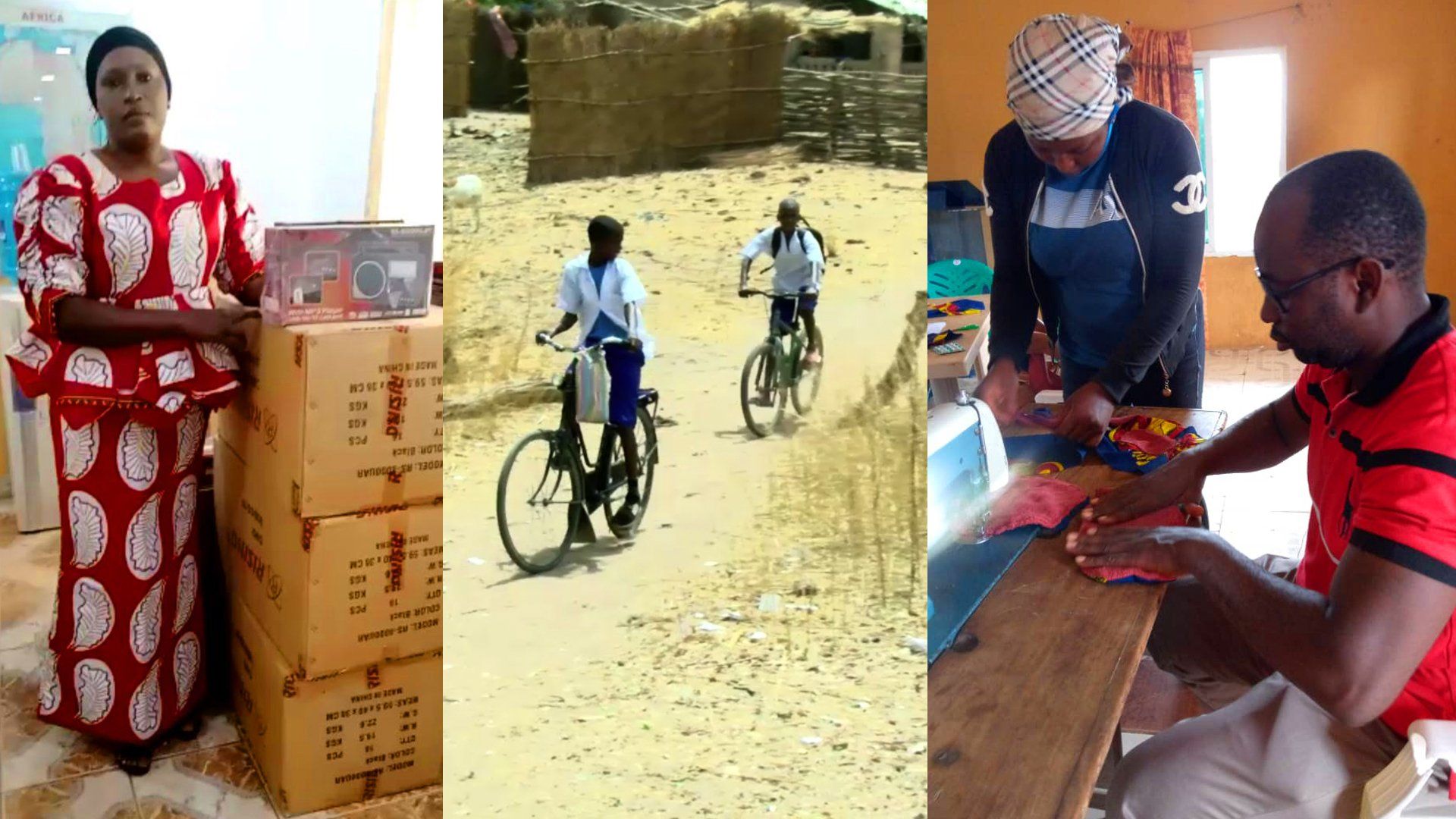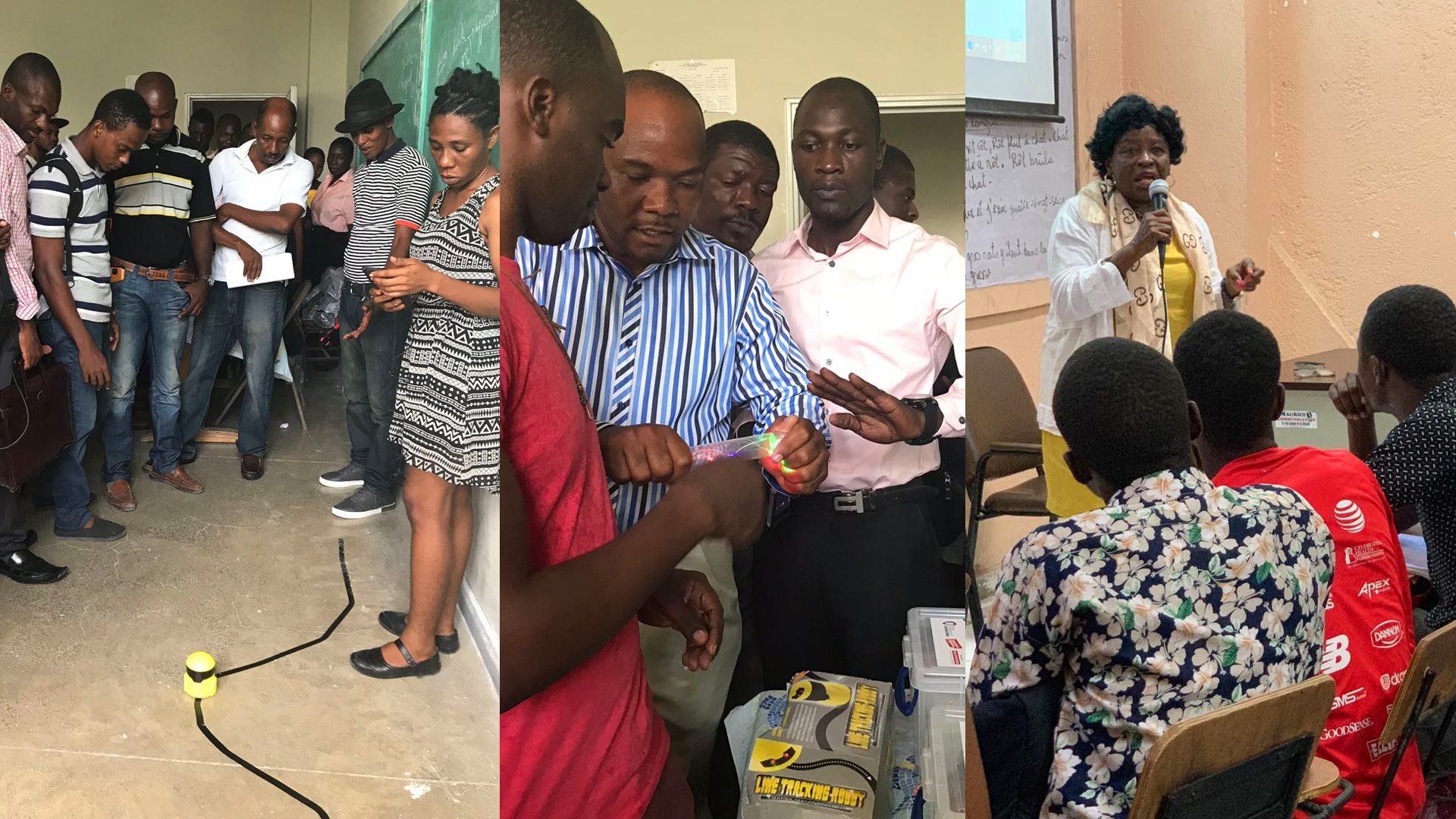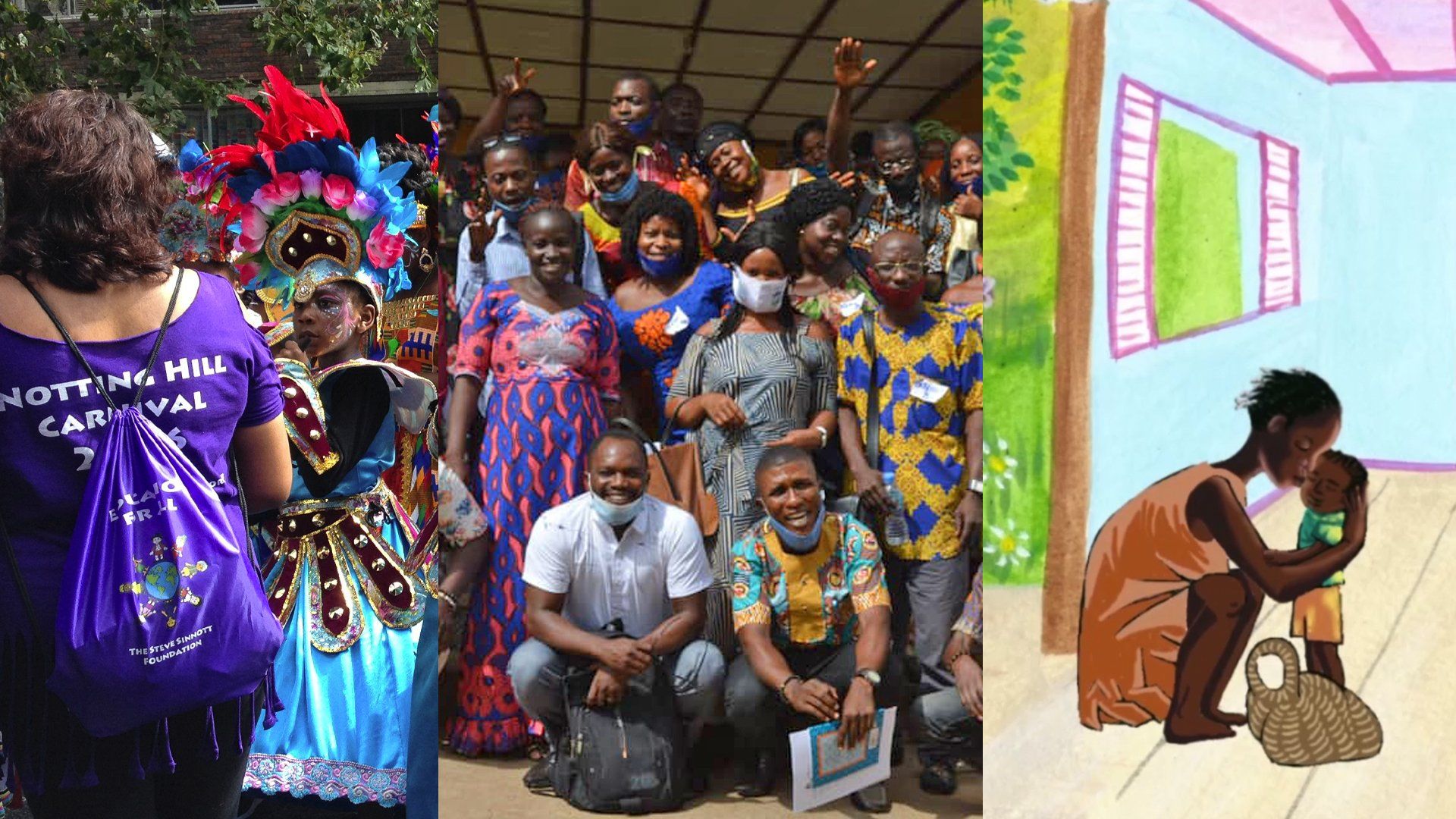Cuts in International Aid: Why our work is more important than ever
When David Cameron was prime minister, his government committed to spending 0.7% of national income on international aid1. That was in a time of austerity. Today’s government, in response to Covid, will cut this to 0.5%1. It means a loss of 4 billion pounds spending on overseas aid this year1. This is devastating to projects all over the world, and will compound the problems we have in the world. No other government has decided to do this, only the UK. It means just over 100,000 people (mainly children) will die. Deaths which would have been prevented with the UK aid promised by David Cameron.1.
The devastating effects due to the cuts in international aid mean that the work of small charities, like ours, working at grassroots level, is more important and vital than ever.
Why we exist
Over 258 million children and youth are not attending school2. Over 59 million are of primary school age, so they may never learn to read and write, and over 200 million are of secondary age3 so they may never acquire basic humanistic, artistic, financial, scientific and technological knowledge, or access the skilled labour market. Without a basic education and knowledge of their human rights, these children are subject to labour abuse, and frequently physical, sexual, psychological and emotional abuse.
Many of these children are in developing countries and will remain in poverty without education to help them change their circumstances. Lack of education causes poverty and slow economic and technological development. Education boosts economic growth enabling stability and independence, and allows for better environmental management. This positively effects the global market, the global community, culture and the global environment.
We are working to achieve Sustainable Development Goal 4 - ensure inclusive and equitable quality education and promote lifelong learning opportunities for all. We believe that this goal underpins all the other sustainable development goals. Our work directly protects and upholds human rights and sustainable life on this planet.
We exist to reach this goal. We hope one day that we won’t have to exist anymore.
3 opportunities to create change
We can see three key areas which can be effective in tackling the problem of making equitable education accessible for all.
1. Access to education
The problems that children have in accessing education are diverse and vary from place to place. Every country, every district, every school and every child will have their own unique collection of challenges. The solutions found need to be as varied as the problems faced. By working in partnership with Teachers’ Unions and educators in various countries, we have developed projects that aim to resolve specific issues that children are facing in order to access education.
Our projects are in line with SDG Target 4.5 - Eliminate all Discrimination in Education. Inclusion and equity
and gender equality are the focus of these projects. They also support Target 4.6 - Universal Literacy and Numeracy by enabling children to access education.
Educating women is essential for giving them control over their reproduction1, which affects their earning ability and has a big impact on the world population. There are many reasons why women are not able to access education. We work closely with organisations, education unions, teachers and educators in country to develop tailored solutions that will address the challenges that prevent women and girls accessing education.
Our Positive Periods Program teaches girls, women, men and teachers to make sanitary pads from local materials: it raises awareness of menstrual health, so girls can go to school and stay in school during their periods. Our work has impacted over 100,000 women and girls in Sierra Leone, The Gambia and Cuba so far. In some areas 1 in 3 women have experienced physical or sexual violence. Our Gender Based Violence workshops create discussion, raise awareness and generate action plans so girls can be safe in school.
We help children get to school, by providing bicycles. In response to accessing education during Covid, we provided solar radios. We work on projects that resolve the problem of access to technology and internet so children can be given better learning opportunities. Our projects are tailored to specific challenges, and we have charity gifts to allow people to donate to their favourite cause, CLICK HERE to find them and for more information.
2. Resources for Educators
Teachers are the key to achieving all of the SDG 4 targets, and they need to be empowered, motivated, professionally qualified, and supported with resources. We work in partnership with Education Unions in various countries to develop projects that support teachers and educators through training programmes, knowledge exchange, learning and development, building learning resource centres, and collaborating to develop new resources.
These projects are in line with SDG Target 4.c - Increase the Supply of Qualified Teachers in Developing Countries through training, development and resources. They also support Target 4.6 - Universal Literacy and Numeracy by providing ‘mother tongue’ literacy resources. Target 4.7 - Education for Sustainable Development and Global Citizenship is supported in our Life Long Learning Webinars in which we have explored sustainable lifestyles, human rights, gender equality, promotion of a culture of peace and nonviolence, global citizenship and appreciation of cultural diversity.
We have developed teacher training programs in Nepal, The Gambia, Sierra Leone, Colombia, Haiti and Cambodia and Learning Resource Centres in Haiti, Nepal and The Gambia. We work with UNESCO ASPnet exchanging knowledge, materials and good practice in education. Our Life Long Learning Webinar series is helping to develop educators across the globe. So small charities like us have a huge impact and create a wave of change. Donating directly to us allows us to develop more resources for educators, some of our resources can be found here.
3. Education Dialogue
Underpinning all the work we do is listening and promoting discussion and dialogue. This allows communities and educators to find their own solutions to the challenges they face, and gives them the support and connections to people who can help. Sharing stories, through listening and discussion, drawing, reading and writing, making and watching films, enables people to connect, empathise and breakdown barriers.
This underpins Target 4.7 - Education for Sustainable Development and Global Citizenship by offering the evidence for how people miss out on education, and what happens to their opportunities, human rights, gender equality, sustainable development and health. It supports SDG Target 4.1 - Free Primary and Secondary Education through appreciating the life changing importance of education in people’s lives. Target 4.5 - Eliminate all discrimination in Education by highlighting the discrimination faced by many. Promoting dialogue inspires people to support all the targets for SDG4.
Our popular ENGAGE magazine provides a forum for people to share ideas on what needs to be done, and reflects on progress so far on the SDG 4 goals. Starting the discussion at an early age is important and we promote ‘Education For All’ discussions in schools and community groups. Story-telling, collecting and sharing stories, to foster inclusion and understanding between people and cultures and promote dialogue is essential to us reaching our goals. As are film screenings and interviews to promote understanding and discussion about the challenges to accessing education.
Let’s create change together
The government have cut overseas aid and consequently people will suffer. However, hope is not lost.
We believe that lives can be transformed through education. If you do too then join with us to help make QUALITY EDUCATION FOR ALL become a reality.
2. According to UIS data for the school year ending in 2018.
3. 59 million children of primary school age, 62 million of lower secondary school age and 138 million of upper secondary age.







